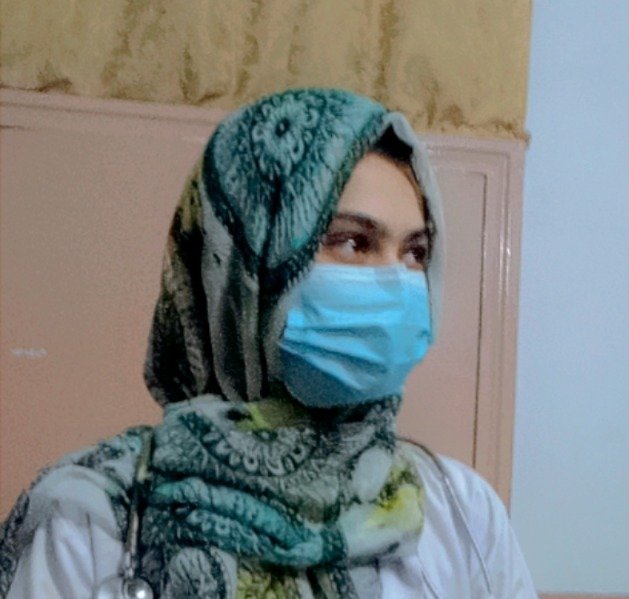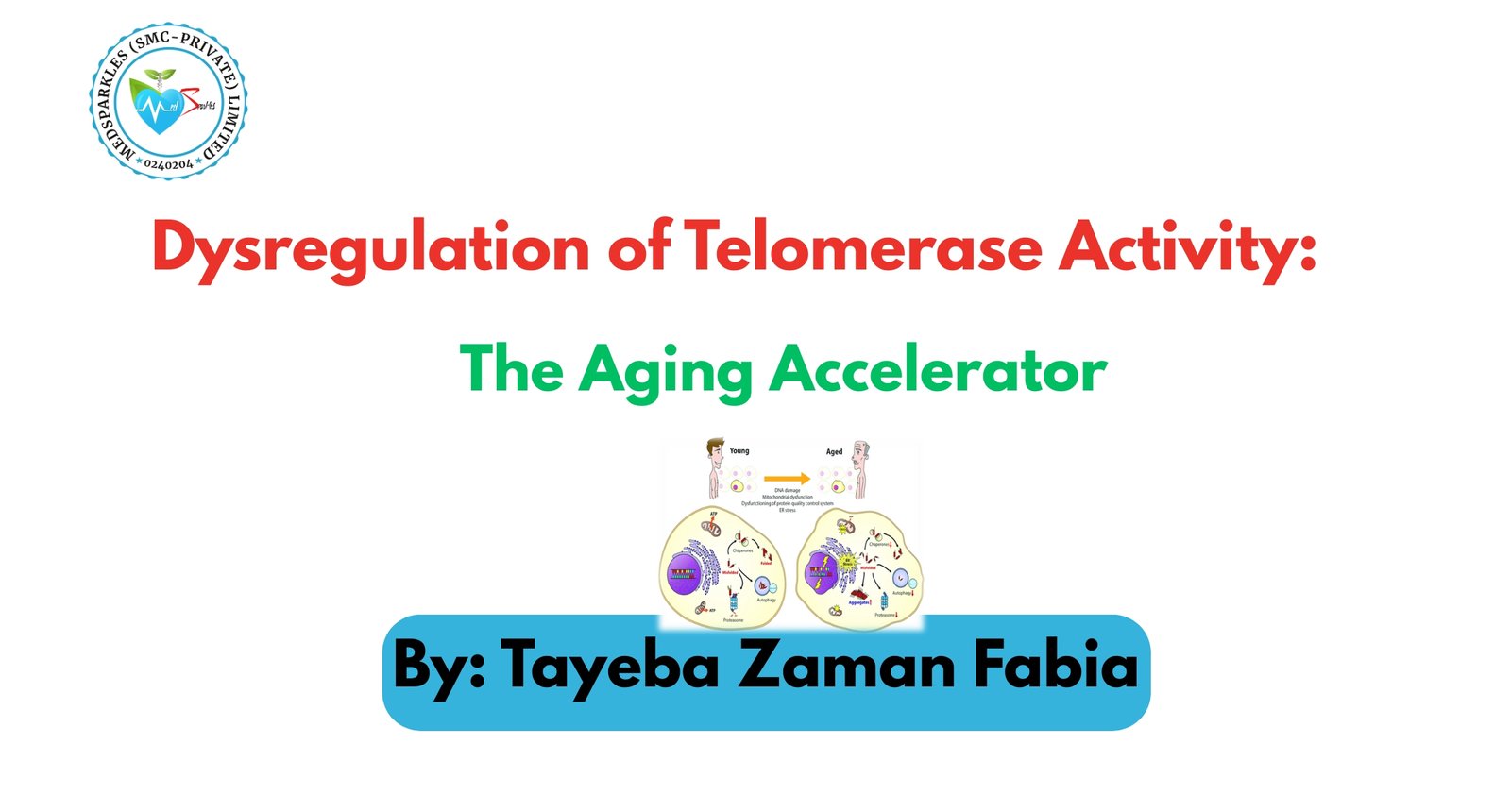
Hepatitis C is a liver disease caused by the hepatitis C virus (HCV) and the virus can cause both acute and chronic hepatitis, ranging in severity from a mild illness lasting a few weeks to a serious, lifelong illness. Hepatitis C is a major cause of liver cancer.
STRUCTURE
The hepatitis C virus particle consists of a lipid membrane envelope that is 55 to 65 nm in diameter. Two viral envelope glycoproteins, E1 and E2, are embedded in the lipid envelope. They take part in viral attachment and entry into the cell. Within the envelope is an icosahedral core that is 33 to 40 nm in diameter. Inside the core is the RNA material of the virus.
TRANSMISSION
The hepatitis C virus is usually spread when someone comes into contact with blood from an infected person. This can happen through:
- Sharing drug-injection equipment. Today, most people become infected with hepatitis C by sharing needles, syringes, or any other equipment used to prepare and inject drugs.
- Birth. Approximately 6% of infants born to infected mothers will get hepatitis C.
- Health care exposures. Although uncommon, people can become infected when health-care professionals do not follow the proper steps needed to prevent the spread of bloodborne infections.
- Sex with an infected person. While uncommon, hepatitis C can spread during sex, though it has been reported more often among men who have sex with men.
- Unregulated tattoos or body piercings. Hepatitis C can spread when getting tattoos or body piercings in unlicensed facilities, informal settings, or with non-sterile instruments.
- Sharing personal items. People can get infected from sharing glucose monitors, razors, nail clippers, toothbrushes, and other items that may have come into contact with infected blood, even in amounts too small to see.
- Blood transfusions and organ transplants. Before widespread screening of the blood supply in 1992, hepatitis C was also spread through blood transfusions and organ transplants. Now, the risk of transmission to recipients of blood or blood products is extremely low.
Hepatitis C is not spread by sharing eating utensils, breastfeeding, hugging, kissing, holding hands, coughing, or sneezing. It is also not spread through food or water.
SYMPTOMS
You could notice acute symptoms along with:
- Fluid buildup in the abdominal cavity (ascites) or the legs (edema)
- Gallstones
- Your brain doesn’t work as well (encephalopathy)
- Kidney failure
- Easy bleeding and bruising
- Intense itching
- Muscle loss
- Problems with memory and concentration
- Spider-like veins on the skin
- Vomiting blood due to bleeding in the lower esophagus (esophageal varices)
- Weight loss
TREATMENT
If you have acute hepatitis C, there is no recommended treatment. If your hepatitis C turns into a chronic hepatitis C infection, there are several medications available. Interferon, peginterferon, and ribavirin used to be the main treatments for hepatitis C. They can have side effects like fatigue, flu-like symptoms, anemia, skin rash, mild anxiety, depression, nausea, and diarrhea.

TESTING OR DIAGNOSIS OF HCV
Doctors will start by checking your blood for:
- Anti-HCV antibodies: These are proteins your body makes when it finds the hep C virus in your blood. They usually show up about 12 weeks after infection.
It usually takes a few days to a week to get results, though a rapid test is available in some places.
The results can be:
Nonreactive, or negative:
- That may mean you don’t have hep C.
- If you’ve been exposed in the last 6 months, you’ll need to be retested.
Reactive, or positive:
- That means you have hep C antibodies and you’ve been infected at some point.
- You’ll need another test to make sure.
If your antibody test is positive, you’ll get this test:
HCV RNA: It measures the number of viral RNA (genetic material from the hepatitis virus) particles in your blood. They usually show up 1-2 weeks after you’re infected. The results can be:
- Negative: You don’t have hep C.
- Positive: You currently have hep C.
You might also get:
- Liver function tests: They measure proteins and enzyme levels, which usually rise 7 to weeks after you’re infected. As your liver gets damaged, enzymes leak into your bloodstream. But you can have normal enzyme levels and still have hepatitis C.
EPIDIEMOLOGY
The World Health Organization (WHO) has compared hepatitis C to a “viral time bomb” and estimates that about 180 million people (some 3% of the world’s population) are infected with hepatitis C virus (HCV), 130 million of whom are chronic carriers at risk of developing liver cirrhosis and/or liver cancer. Three to four million persons are newly infected each year, 70% of whom will develop chronic hepatitis. HCV is responsible for 50-76% of all liver cancer cases, and two thirds of all liver transplants in the developed World Health Statistics 2008 lists cirrhosis of the liver as the 18th commonest cause of mortality in the world, and it is estimated that by 2030, liver cancer will become the 13th commonest cause.
The prevalence of hepatitis varies from country to country, and at times it will also vary among different regions of the same country. The epidemiological estimates by WHO show that the prevalence of hepatitis C is low (< 1%) in Australia, Canada and northern Europe, and about 1% in countries of medium endemicity, such as the USA and most of Europe. It is high (>2%) in many countries of Africa, Latin America, Central and South-East Asia. In these countries, prevalence figures between 5% and 10% are frequently reported.
Pakistan has the second-largest burden of hepatitis C globally, with a nationwide prevalence of 4·8%.
CONCLUSION
Hepatitis C is a liver disease caused by HCV and can be acute or chronic hepatitis, ranging from mild to severe illness, lasts few weeks or lifelong. However, it can be transmitted from one another by many ways including from blood or blood products. Overall, Hepatitis C is serious illness and a major cause of liver cancer among patients which can be difficult to treat.
FREQUENTLY ASKED QUESTIONS
Can Hepatitis C be cured?
Yes, with the availability of highly effective antiviral medications, Hepatitis C can be cured in most cases.
Can I donate blood if I have Hepatitis C?
No, Patient having Hepatitis C cannot donate blood.
Can I get Hepatitis C from sharing personal items such as razors?
Possible only if personal items are exposed to blood or some body fluids of hepatitis patient.
What can I do to prevent Hepatitis C?
The best way to prevent Hepatitis C is to avoid sharing personal items including razors and other.






